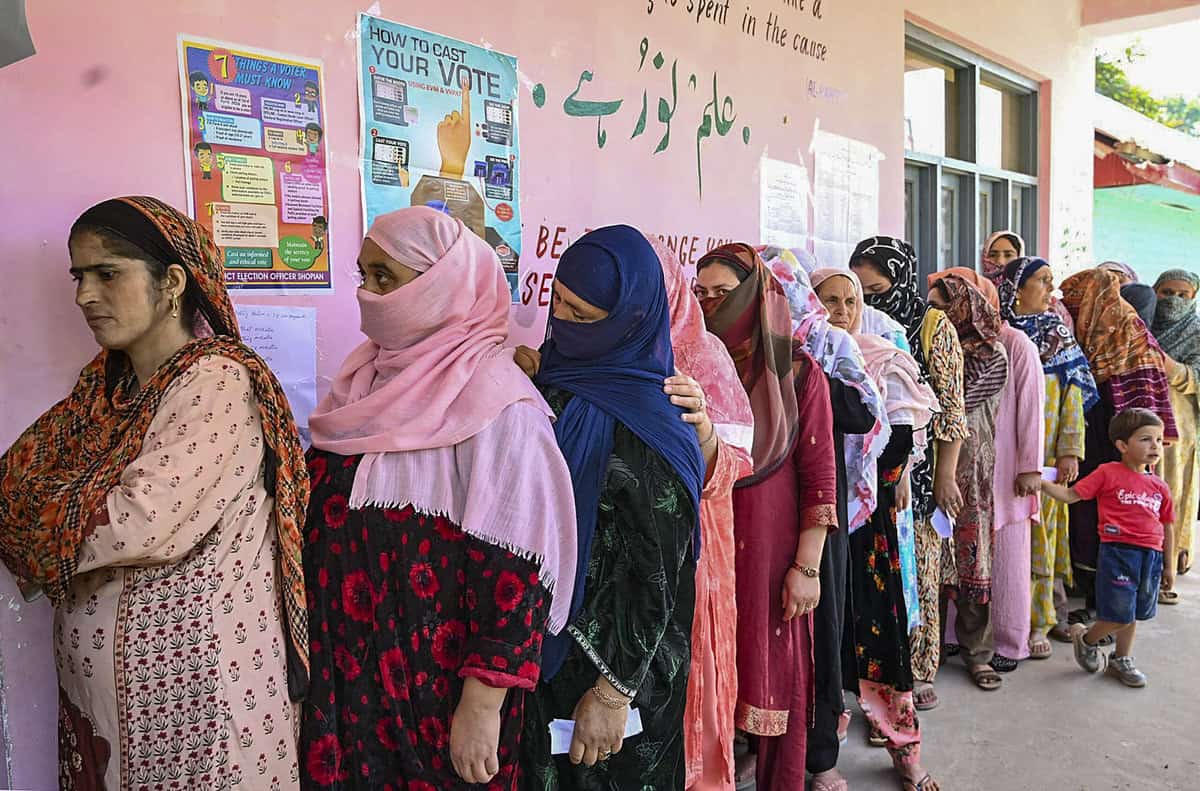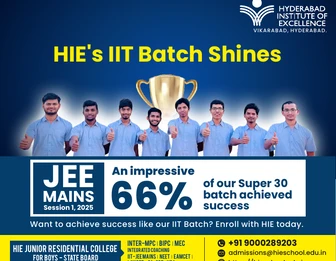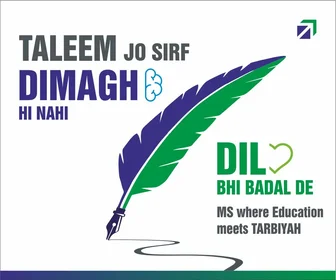
The excitement is palpable all over Jammu and Kashmir. This moment has arrived for them after a series of announcements and decisions indicating that the Assembly elections will be held in the Union Territory soon. This sense of exhilaration is understandable. After more than six years, the people see hope that they would be getting an elected government after such a huge time gap. It was in June 2018 when an elected government was made to exit by the political maneuverings, typical of a coalition government. BJP had withdrawn support from the Mehbooba Mufti-led PDP-BJP coalition government because of some of its compelling reasons. The collapse was inevitable as BJP, claiming to be the sole nationalist party of the country, chose to ally with PDP, deemed to be a soft-separatist party. Both were interested in power; their ideological differences gave way to the shot at power.
What is this election for, and why the excitement is so high? These questions may sound odd if not outright stupid. For other states and UTs, the elections are a routine affair. It is rare for other states to have long spells of Central rule. Assam and Punjab in 1980s were exceptions. But in J&K elections have been interrupted by conflict and Central rule.
For almost 15 years – to be precise 14 years and 10 months and counting – out of the past 47 years since 1977, Jammu and Kashmir have been under the central rule. That roughly translates that J&K has lived under central rule for one-third of this period. The current spell of the central rule for over six years is continuing. It is hoped that it would come to an end once the Assembly polls are held and elected government is in place,
There were two kinds of Central rule – one, in which the militancy took its toll on the situation and made the elections unthinkable. That situation was from 1990 to 1996 which is considered as the darkest period of Kashmir reeling under the terror-violence. But once the assembly polls were held in September 1996, there was no looking back – the polls were held as per schedule in 2002, and then after six months’ spell of central rule, in 2008, and again in 2014. As per the state’s constitution, the next elections were due in 2021 as the Assembly was constituted in March 2015. Second, it was from 1996 onwards the conflict moved into different shades but never became a roadblock in holding the Assembly polls.
During the Lok Sabha polls- 2024 on Kashmir’s three seats, the voters surprised themselves and threw a challenge to the rest of the nation to put pieces together of the puzzle that they had weaved with their huge participation. The nation saw it as a manifestation of the measures taken by the Government with and after the abrogation of Article 370 but only Kashmiris knew what made them to vote, and why. It is not necessarily the way the rest of the nation saw it.
They came out in hordes to vote, recording the best ever voting percentage of the past 35-40 years. Did they really surprise; this is open to question. They wanted to break their silence both against the conflict that had weighed down for decades and also the measures that were slated to be aimed at removing violence and conflict from their lives. It is a paradox. But that is the whole truth.
They came out to vote without the fear of the perpetrators of conflict politics and economy, and they wanted their freedom to live on their own. At the same time, they wanted to shape their destiny without being told that they had become masters of their own destiny only in the last five years.
Colors beaming through the prisms present good optics but these are not necessarily the actual reality. The current spell of the Central rule has been imposed beyond the constitutional requirement. The things were manipulated to defer elections with one excuse after another – from delimitation commission to frequent revision of electoral rolls.
This is not only the huge time gap between the last elections and the expected Assembly polls, nor it is all about their own elected government. These elections, if held, will signify the desire of the people for an end of a particular rule that they did not gel with their political and social ethos.


